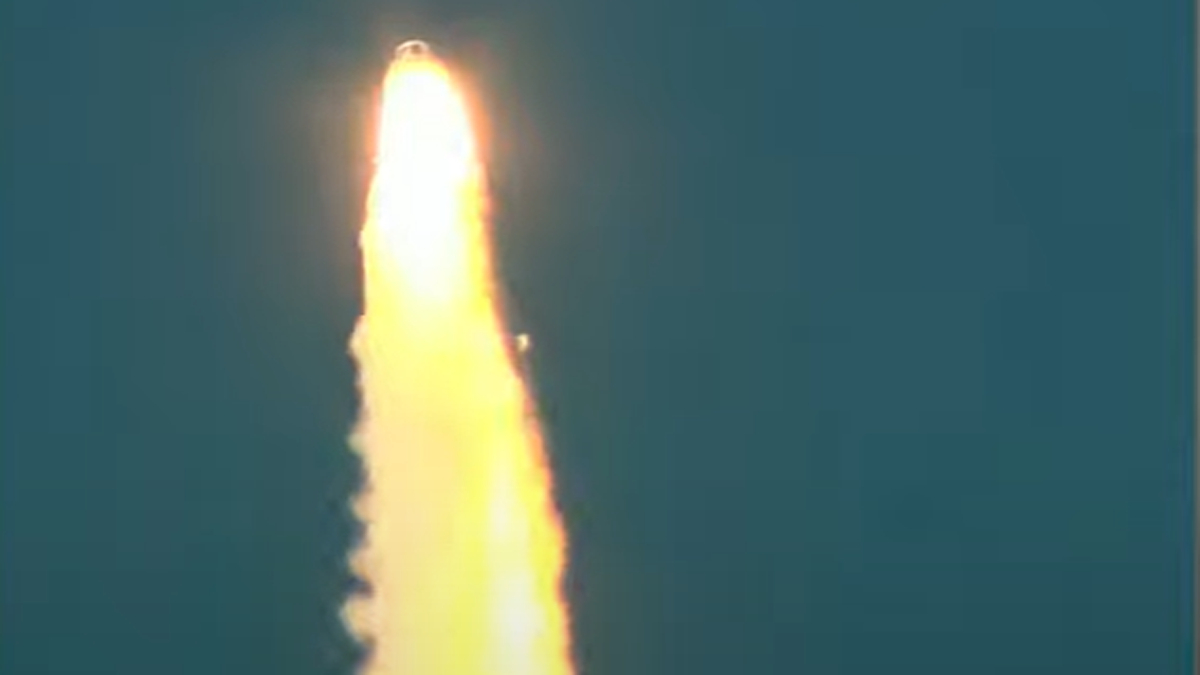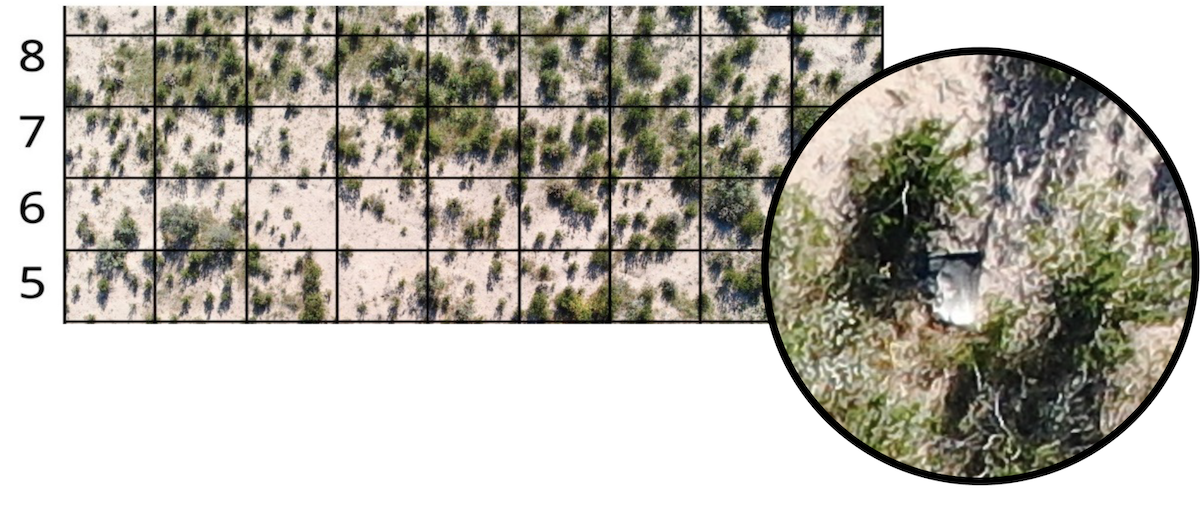
The U.S. Federal Aviation Administration (FAA) has closed its investigation of the failure suffered by Blue Origin's New Shepard suborbital vehicle more than a year ago.
That failure occurred on Sept. 12, 2022, when an uncrewed research mission lifted off from Blue Origin's launch site in West Texas. About 65 seconds after launch, New Shepard's reusable first-stage booster experienced a serious problem and came crashing back to Earth.
The vehicle's capsule engaged its emergency escape system and ended up landing softly under parachutes on the desert floor. The 36 research payloads that launched on the mission were unharmed, and the mishap caused no injuries or property damage, Blue Origin representatives said.
Related: Failure of Blue Origin's New Shepard a reminder that spaceflight is still hard

The company soon initiated a mishap investigation, which it conducted with oversight from the FAA and input from the National Transportation Safety Board and NASA's Flight Opportunities Program and Commercial Crew Office.
In March, Blue Origin announced that it had pinpointed the cause of the mishap — calling attention to the "thermo-structural failure" of the nozzle on the BE-3PM engine that powers New Shepard's first stage.
The FAA's newly closed investigation agrees with that finding,
Get the Space.com Newsletter
Breaking space news, the latest updates on rocket launches, skywatching events and more!
"The final report cites the proximate cause of the Sept. 12, 2022 mishap as the structural failure of an engine nozzle caused by higher-than-expected engine operating temperatures," agency officials wrote in a press release today (Sept. 27).
The report also gives Blue Origin a to-do list ahead of New Shepard's return to flight. The company must "implement 21 corrective actions to prevent mishap reoccurrence, including redesign of engine and nozzle components to improve structural performance during operation as well as organizational changes," FAA officials wrote in today's release.
"Blue Origin must implement all corrective actions that impact public safety and receive a license modification from the FAA that addresses all safety and other applicable regulatory requirements prior to the next New Shepard launch," they added.
It's unclear what those required "organizational changes" may be; the FAA report isn't available for public release because it contains proprietary data and sensitive "export control" information, according to the agency.
But we just learned that Blue Origin is shaking up its staff in a pretty big way: The company's CEO, Bob Smith, will step down in December and be replaced by Amazon executive Dave Limp. (Jeff Bezos founded both Amazon and Blue Origin.)
The September 2022 mission was the 23rd overall launch for New Shepard. Six of those flights have carried people.
In the time that New Shepard has been grounded, its chief competitor in the suborbital space tourism industry, Virgin Galactic, has launched four crewed missions with its VSS Unity space plane.
Join our Space Forums to keep talking space on the latest missions, night sky and more! And if you have a news tip, correction or comment, let us know at: community@space.com.

Michael Wall is a Senior Space Writer with Space.com and joined the team in 2010. He primarily covers exoplanets, spaceflight and military space, but has been known to dabble in the space art beat. His book about the search for alien life, "Out There," was published on Nov. 13, 2018. Before becoming a science writer, Michael worked as a herpetologist and wildlife biologist. He has a Ph.D. in evolutionary biology from the University of Sydney, Australia, a bachelor's degree from the University of Arizona, and a graduate certificate in science writing from the University of California, Santa Cruz. To find out what his latest project is, you can follow Michael on Twitter.









